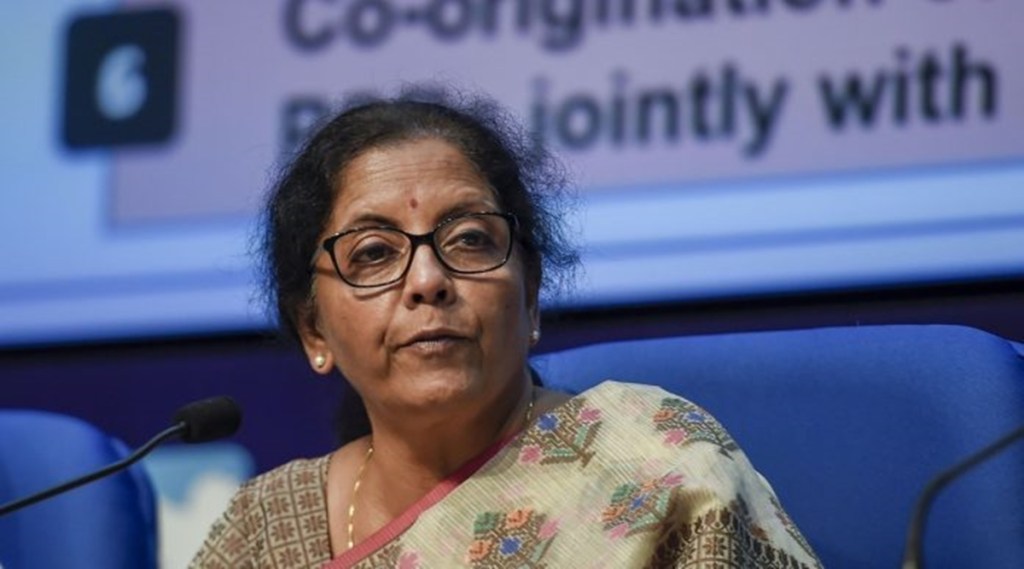Finance minister Nirmala Sitharaman on Thursday made it clear that the government is willing to allocate more funds for the Mahatma Gandhi National Rural Employment Guarantee Scheme (MGNREGS) in FY23 than the budgeted Rs 73,000 crore, should demand for the programme so warrant.
Replying to the general discussion on the Budget for FY23 in the Lok Sabha, the finance minister also asserted that the government hasn’t reduced outlays for key welfare or social-sector programmes in sectors ranging from education and health to tribal and minority affairs. Commenting on the reduced outlay for the rural job scheme, she said: “NREGS is a demand-driven programme. As and when there is demand, through the supplementary demand for grants, we give the additional required amount.” For instance, the NREGA outlay was raised to a record Rs 1,11,500 crore in FY21 from the budget estimate of Rs 64,000 crore, she said, as demand for such work picked up sharply in the wake of the Covid outbreak.
The minister also stressed the improved quality of expenditure in recent years. Given the high-multiplier effect of capital spending, the Centre has raised it to a record Rs 7.5 lakh crore for FY23; in fact, it has doubled from the pre-pandemic (FY20) level. Citing an RBI study, she said a rupee spent on capex has a multiplier of 2.45 in the first year itself, against that of just 0.45 on revenue spending. Importantly, the government has succeeded in curbing wasteful expenditure and revenue deficit is estimated to fall to just 3.8% in FY23 (BE) from as much as 7.3% in FY21, she said.
Sitharaman listed out a raft of initiatives to suggest that the government not just helped protect lives and livelihood in the aftermath of the pandemic but also steered the economy efficiently out of the crisis. While the economy, hit by the unprecedented crisis, witnessed a record contraction of 6.6% in FY21, the government was successful in reining in inflation at 6.2%, she said. Given the high-multiplier effect of capital spending, the Centre has raised it to a record Rs 7.5 lakh crore for FY23; in fact, it has doubled from the pre-pandemic (FY20) level. Citing an RBI study, she said a rupee spent on capex has a multiplier of 2.45 in the first year itself, against that of just 0.45 on revenue spending. Importantly, the government has succeeded in curbing wasteful expenditure and revenue deficit is estimated to fall to just 3.8% in FY23 (BE) from as much as 7.3% in FY21, she said.
Sitharaman listed out a raft of initiatives to suggest that the government not just helped protect lives and livelihood in the aftermath of the pandemic but also steered the economy efficiently out of the crisis. While the economy, hit by the unprecedented crisis, witnessed a record contraction of 6.6% in FY21, the government was successful in reining in inflation at 6.2%, she said.

